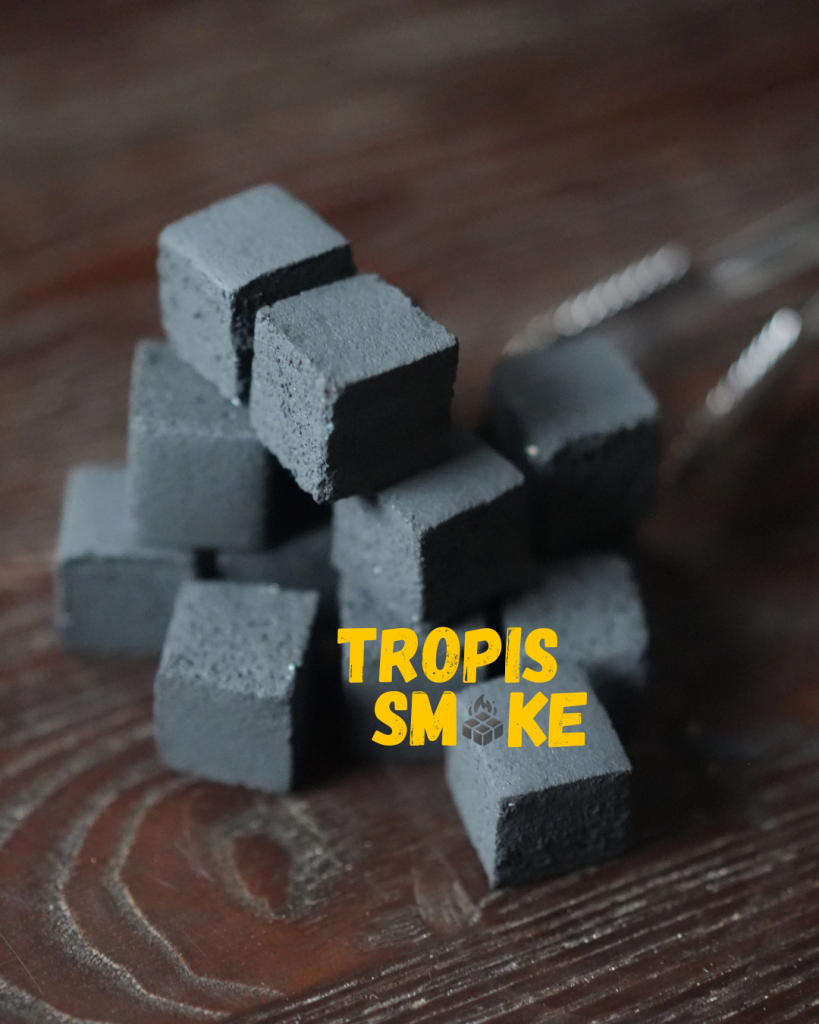Coconut shell charcoal briquettes are one of Indonesia’s top export commodities, especially
to the Middle East, Europe, and the US. However, exporters often face a serious issue: only a
limited number of shipping lines are willing to transport this cargo. Why is that the case?
- Spontaneous Combustion Risk
Poorly processed briquettes can spontaneously combust due to:
- Improper moisture content.
- High volatile matter.
- High temperatures in sealed containers.
Shipping lines classify such risks as dangerous, especially after past incidents of container
fires.
- Restricted or Hazardous Classification
Although not officially classified under the IMDG Code, many shipping lines place charcoal
briquettes under internal ‘restricted’ categories. This results in:
- Special approvals (MSDS, etc.)
- Higher inspection standards
- Additional surcharges (Fire Risk, CIFC, etc.)
- Misdeclared Cargo Issues
Some exporters misdeclare their cargo to avoid restrictions, undermining trust in the entire
industry. This leads to outright rejections or stricter policies from shipping lines. - Low Cargo Value Per Volume
Charcoal briquettes are not high-value goods per cubic meter. Shipping lines prefer:
- Higher-value, lower-risk goods
- Goods with fast turnover and minimal handling concerns
- Residual Odor and Container Contamination
Briquettes leave strong residual smells, requiring cleaning or fumigation. Containers used
for charcoal may not be suitable for food or textile cargo afterward. - Lack of Standard Documentation
Many exporters lack essential international documents like:
- MSDS
- Lab reports and Certificates of Analysis (COA)
- Recognized fumigation certificates
Shipping lines often reject bookings without proper paperwork.
Short- and Long-Term Solutions
Solution Explanation
Meet International Documentation
Standards
MSDS, COA, fumigation, etc.
Build Shipper Trust Always declare cargo honestly.
Use Trusted Forwarders They have better access to carriers.
Stabilize Product Quality Avoid high volatile matter.
Advocate via Industry Associations Promote dialogue with shipping lines.
Conclusion
This issue is not just about the product—it’s about the logistics industry’s trust in
Indonesia’s exporter ecosystem. By improving standards, transparency, and commitment to
safety, we can reopen access to global shipping lines. It’s a collective responsibility, from
producers to freight carriers.

